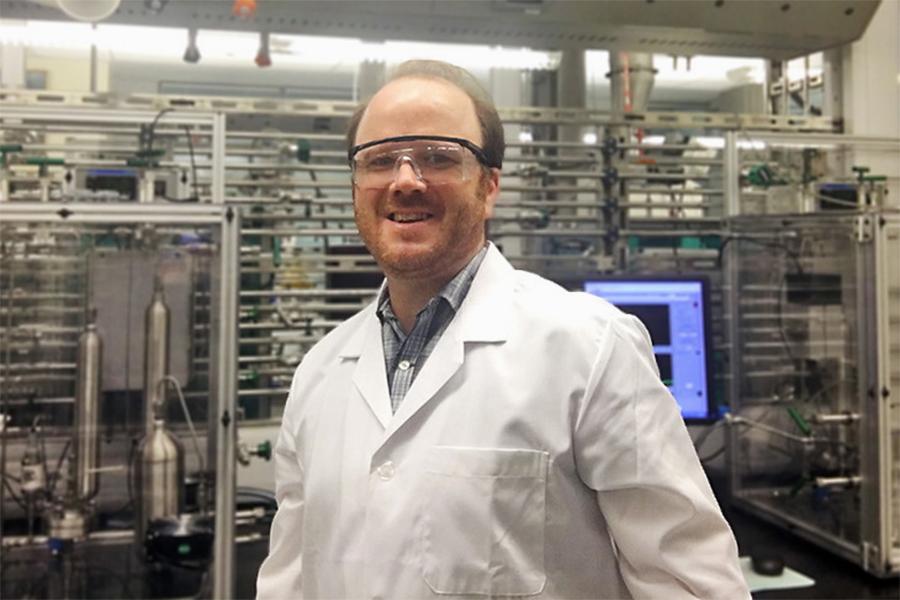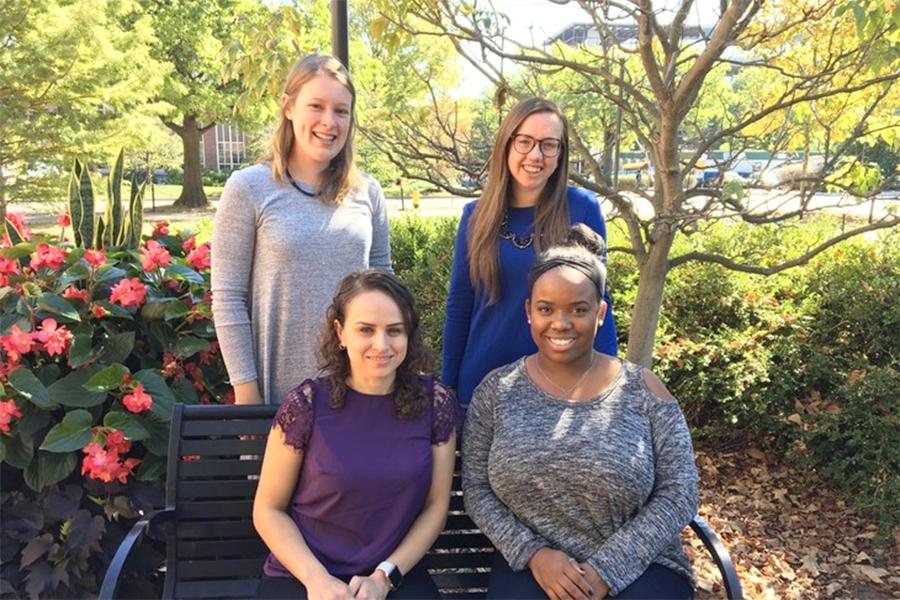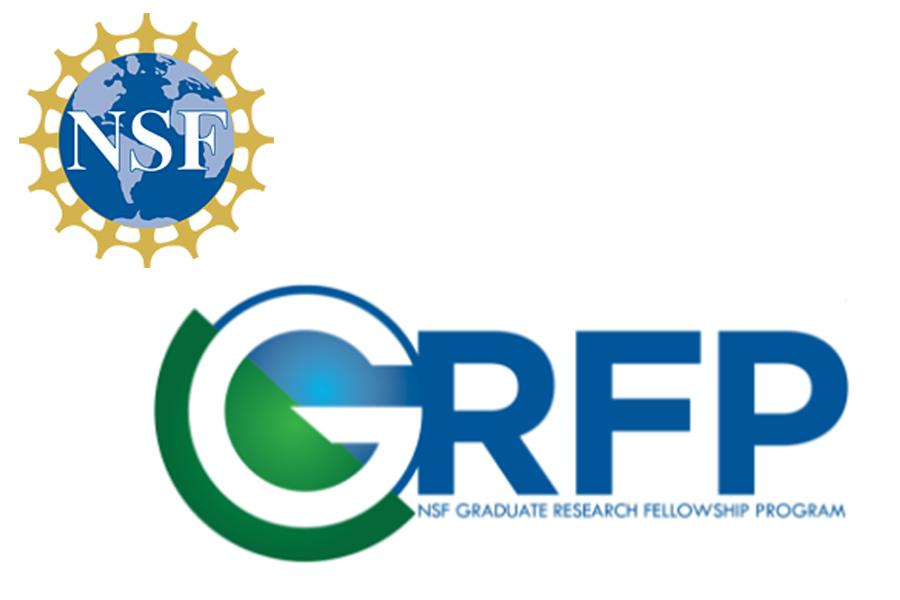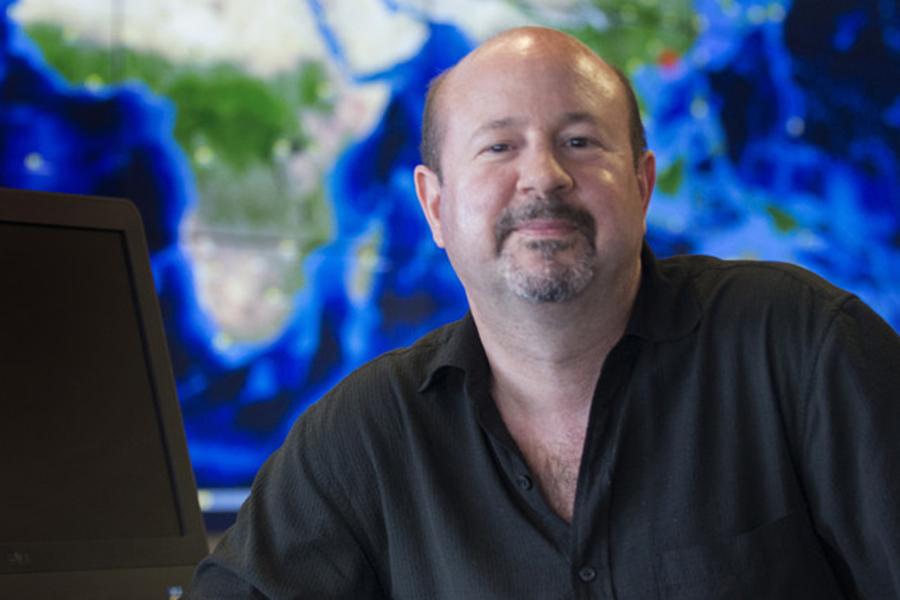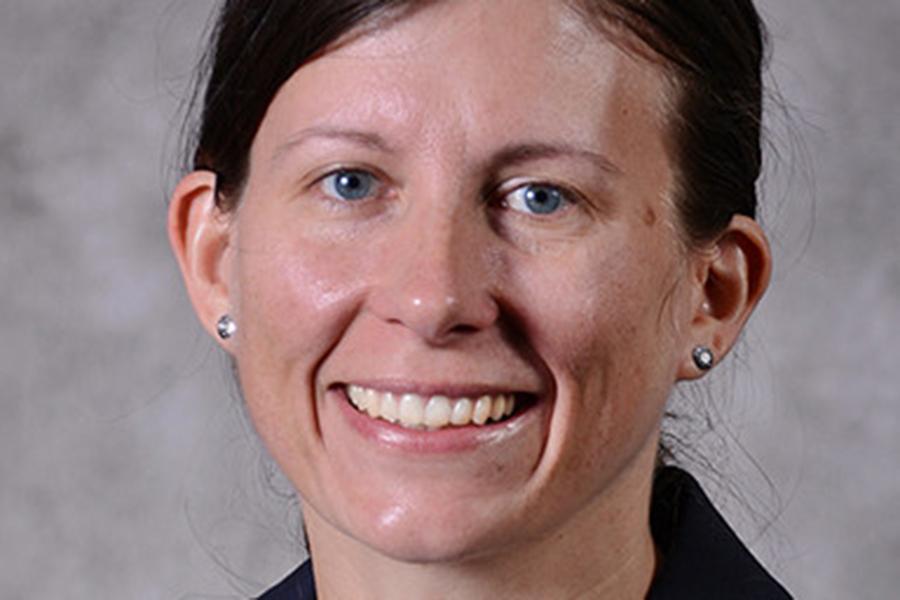The Earth and Space Science Partnership (ESSP) is a program funded by the National Science Foundation designed to help Pennsylvania science teachers build upon their understanding and teaching of big ideas in Earth and space science. The $9 million initiative was aimed at reshaping the teaching and learning of Earth and space science in Pennsylvania.
As new co-director of Penn State's Center for Innovative Materials Processing through Direct Digital Deposition (CIMP-3D), Michael Hickner plans to use his background in polymer science and engineering to open new avenues of research.
Schreyer Honors College Scholar Hannah Pohlmann will be officially presented with the prestigious Astronaut Scholarship at a ceremony on Oct. 13. Pohlmann, a senior studying Materials Science and Engineering and mathematics, has been actively involved in polymers research during her Penn State career. This past summer, she served as a product and applications development intern at ExxonMobil.
"Managing Risk in a Changing Climate," a documentary produced by Penn State's public television station WPSU in partnership with the Network for Sustainable Climate Risk Management (SCRIM), focuses on Louisiana and New Orleans and their efforts to create a master plan for future events.
Five students enrolled in College of Agricultural Sciences programs, including Maddy Nyblade, a senior majoring in geosciences and minoring in international agriculture, will represent Penn State at the 2017 Borlaug Dialogue, one of the events planned during the annual World Food Prize International Symposium, Oct. 18-20 in Des Moines, Iowa.
The Graduate School at Penn State is pleased to host 15 new National Science Foundation (NSF) Graduate Research Fellowship Program (GRFP) award recipients for the 2017-18 academic year.
Jim Steenburgh, professor of atmospheric sciences at the University of Utah and Penn State alumnus, will give the 2017 Lattman Visiting Scholar of Science and Society Lecture. His talk, titled “Communicating Science in the 21st Century: Personal and Political Challenges and Opportunities,” will be held from 2:30 to 4 p.m. on Friday, Oct. 6, in the College of Earth and Mineral Sciences Museum on the ground floor of Deike Building. The event is free and open to the public.
Thomas V. Falkie, a distinguished alumnus who served as head of the Department of Mineral Engineering (the predecessor to the John and Willie Leone Family Department of Energy and Mineral Engineering) from 1969 to 1973 at Penn State, was inducted into the National Mining Hall of Fame on Sept. 23 at the annual National Mining Hall of Fame Induction Banquet in Denver.
Michael Mann, distinguished professor of atmospheric science and director of the Earth System Science Center at Penn State, will receive the James H. Shea Award from the National Association of Geoscience Teachers.
Jennifer Baka, assistant professor in the department of geography, has been at Penn State for a little more than a year, but she has a lifetime of experience assessing the implications of energy. She grew up in a coal mining region of Northeastern Pennsylvania, and watching the relationship a rural community has with a global enterprise factored into her choice to become an energy geographer. It’s a field that combines political and industrial ecology to look at how energy projects impact all segments of society.



